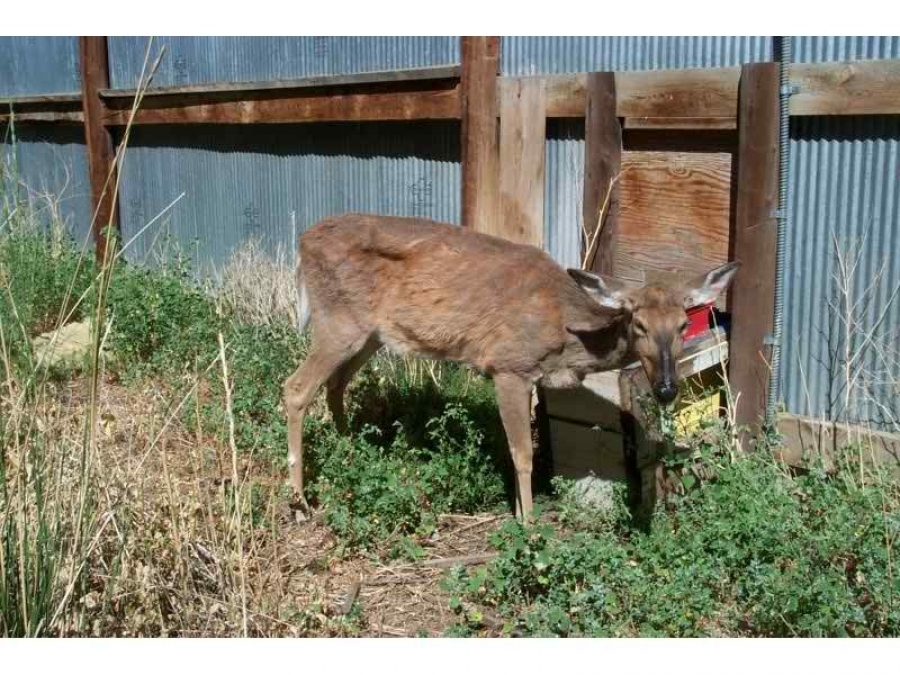
To control CWD outbreak, Minnesota bans moving farmed deer
ST. PAUL, Minn. (AP) — Minnesota wildlife managers imposed a statewide ban on the movement of farmed white-tailed deer starting Tuesday through the end of July as they try to control an outbreak of chronic wasting disease that threatens the state’s wild deer population.
The ban is meant to curtail the spread of the always fatal brain disease, which can spread when captive deer from infected herds are transferred to farms in other parts of the state and pass it on wild deer, Minnesota Public Radio reported.
“We want to make sure that we can protect the wild herd by locating all infected farmed deer in the state,” said Sarah Strommen, commissioner of the Department of Natural Resources. “And that’s much more difficult to do if they’re still moving around.”
Thirteen deer in a farmed herd in Beltrami County in northern Minnesota recently tested positive for chronic wasting disease. It’s spread by prions, or abnormal proteins, in the animals’ bodily fluids. Prions can also remain viable for several years in the ground, long after an infected animal has died and its carcass decomposed, continuing the cycle of contagion.
Investigators checking the Beltrami County farm found that carcasses of infected deer had been dumped on nearby public land, increasing the risk to wild deer in the area. Investigators believe the herd was infected by animals that came from a herd in Winona County, an area in far southeastern Minnesota where CWD is considered endemic.
An already worrisome situation has become far more urgent, Strommen said, now that an outbreak has been detected in Minnesota’s north woods.
“You’ve got now something several hundred miles away from where we have been managing the core of this disease, in a place that is really the heart of Minnesota’s deer country,” Strommen said.
While no disease has been detected in wild deer populations in Beltrami County, the farm outbreak there significantly raises the level of concern, said DNR Fish and Wildlife Division director Dave Olfelt, who lives in Grand Rapids.
“We’ve not had to think about chronic wasting disease in this part of the world. (But) now we do. It’s a real eye-opener for Minnesotans,” he said.
Officials caution people against eating infected deer. The Centers for Disease Control and Prevention says there is “no strong evidence for the occurrence of CWD in people,” but adds that “experimental studies raise the concern that CWD may pose a risk to people and suggest that it is important to prevent human exposures to CWD.”
TOP PHOTO: FILE – Minnesota DNR testing site in La Crescent, Minn.
No related posts.










